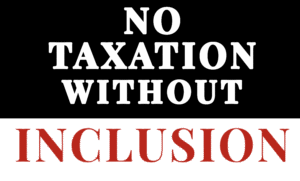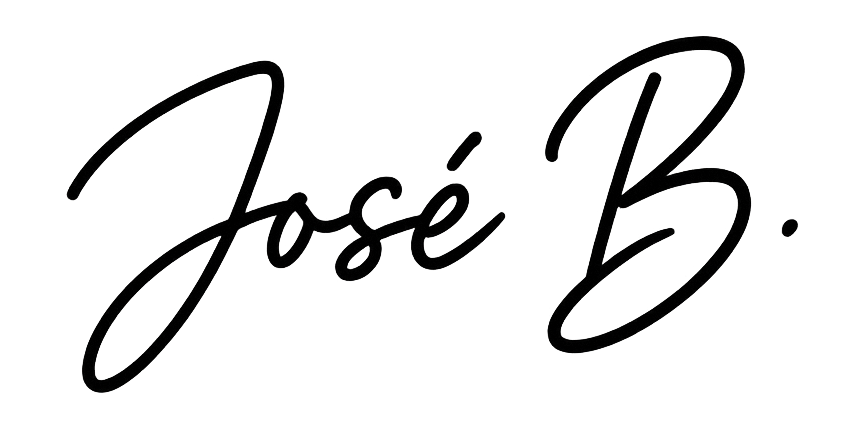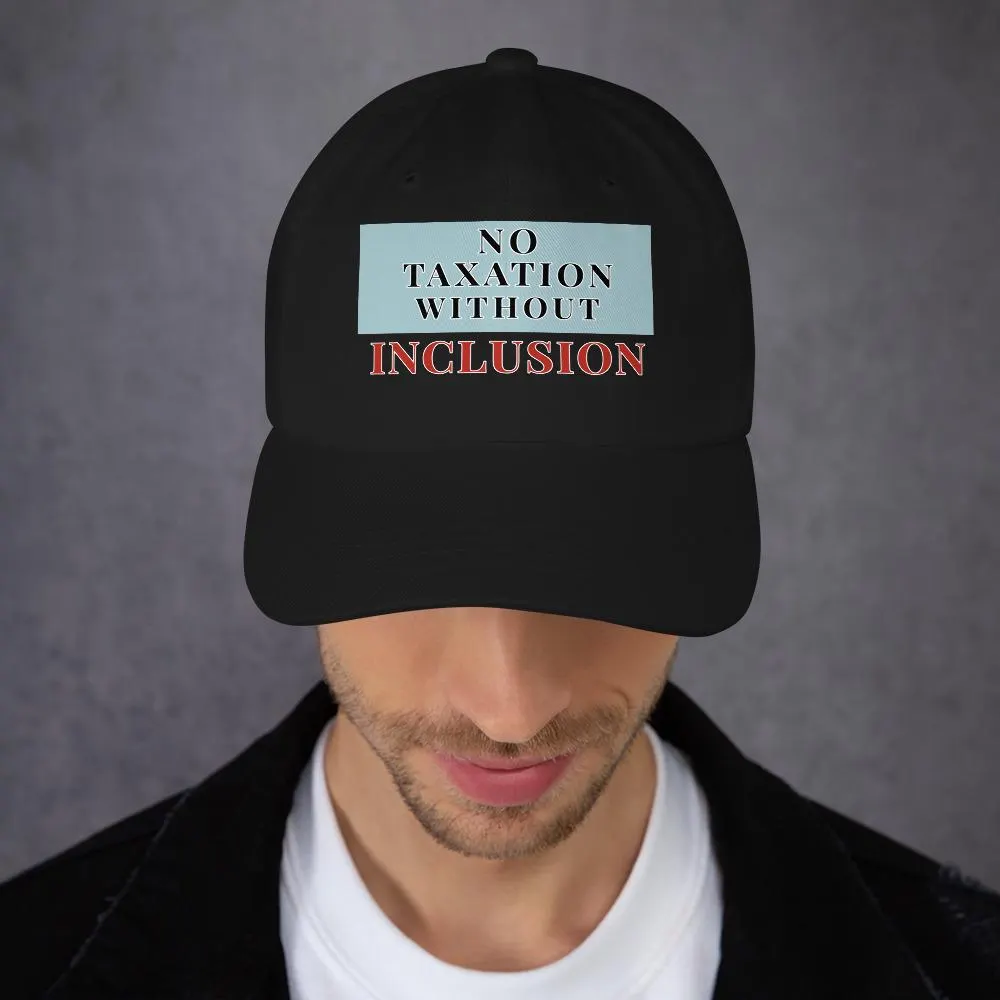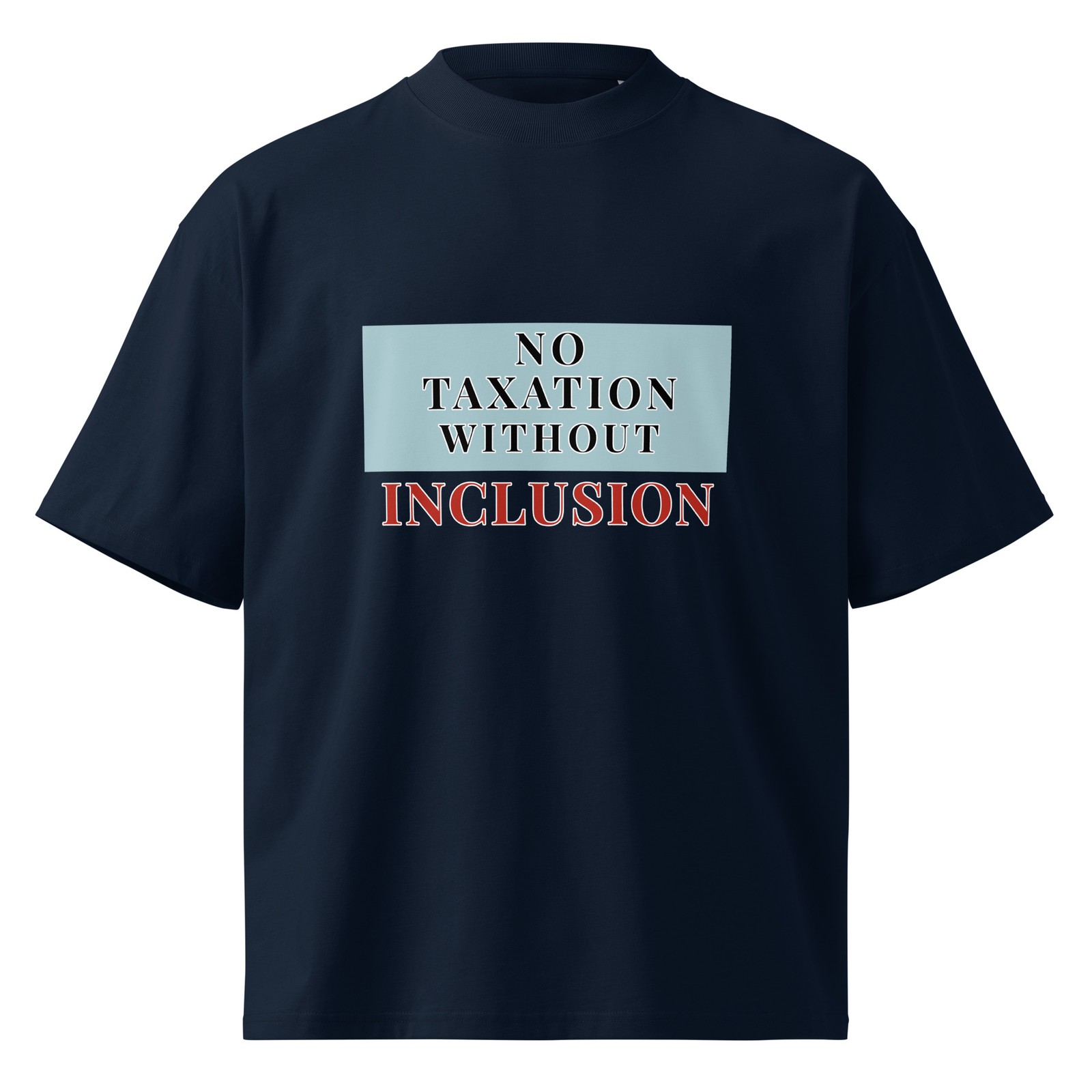No taxation without inclusion

Defiant A Principle Born from Revolution
Why “No taxation without inclusion”? The phrase “No Taxation Without Representation” became the heartbeat of the American Revolution. At that time, colonists refused to accept a government that collected taxes while also denying them a voice. In other words, this principle asserted a simple truth: a government without the consent of the governed ultimately loses its legitimacy. Consequently, when the United States was born, the idea of representation became the foundation of its democracy.
However, over the centuries, this founding promise has faced continuous and recurring tension. Throughout history, each wave of social progress—from the abolition of slavery, to the enfranchisement of women, and finally to the Civil Rights Movement—forced the country to confront its own contradictions. Moreover, every step of emancipation raised the same, urgent question: Can a democracy legitimately tax or control those it simultaneously refuses to fully recognize as equals?
From Representation to Inclusion
Today, our campaign No Taxation Without Inclusion revives this principle for a new era. Indeed, being represented in a democracy requires far more than a vote. In fact, it requires dignity, visibility, and equality in the social and political life of the nation.
In modern America, marginalized groups—including racial minorities, the LGBTQ+ community, immigrants, and evenothers—often experience a subtler form of exclusion. They contribute to the economy, they pay taxes, and they enrich the culture; yet, they face constant attacks on their legitimacy as citizens as well as community members by a new form of christian nationalism. Therefore, before representation can exist, genuine inclusion must come first. That’s why no taxation without inclusion makes sense.
Furthermore, a person who lives under the weight of social erasure, discrimination, or even fear cannot participate as an equal citizen. Consequently, when that person pays taxes without also enjoying the full protection and the full recognition of the system, then the original revolutionary principle is not only ignored but ultimately betrayed.
The Spirit of the American Project
Ultimately, the American project was never only about collecting taxes or merely enforcing laws. Rather, it was about building a society where the governed and the government recognize one another through a bond of legitimacy. Indeed, the Declaration of Independence called for governments to derive their power from “the consent of the governed,” and clearly, consent cannot truly exist without full inclusion. That is what no taxation without inclusion means.
Moreover, our campaign does not argue that immigrants should vote immediately, nor does it call for tax resistance. Instead, it exposes the hypocrisy of a system that accepts the labor, taxes, and contributions of many people while simultaneously working to diminish their social standing or civic rights.
Consequently, every time the nation resists inclusion—whether of women, Black citizens, or queer people—it inevitably weakens its own democratic foundation. By contrast, embracing inclusion allows the United States to once again reclaim the moral clarity of its founding principle: no taxation without the full dignity of citizenship.
Why This Campaign Matters
Ultimately, the No Taxation Without Inclusion campaign is more than just a slogan. Rather, it is a cultural and civic call to action. Indeed, every product, every T-shirt, and every message we share acts like a modern-day pamphlet, therefore spreading the spirit of the revolution into the conversations of today.
Moreover, when you wear or gift one of our items, you actively amplify the idea that democracy cannot thrive as long assome of its contributors remain unseen or unprotected. Just as the pamphlets of Thomas Paine once ignited revolutionary thought, similarly, every visible act of defiance today gradually builds momentum toward a freer and, ultimately, more honest society.
Join us in reviving the true American spirit: Defiant, free, and inclusive.




